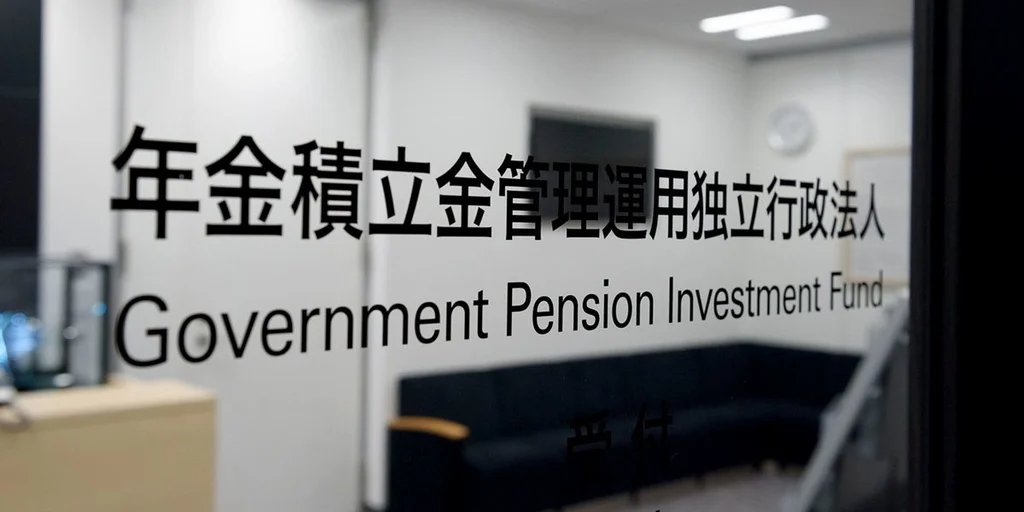

Is ESG Investing Illegal? And Other Sustainable-Investing Questions in the Trump Era

Dollar Tree to sell Family Dollar for $1 billion a decade after buying it for more than $8 billion

UK to ease rules for smaller private equity and hedge funds

Community sounds off at public hearing on ALLETE’s potential acquisition

Tariffs and Private Equity: Impact of “Liberation Day”
For sustainable investors, these are confusing times. The Trump administration’s antagonism toward sustainable investing, combined with other setbacks, have raised a number of questions about whether people can still invest sustainably.The White House declared an “energy emergency,” pledging to end policies that “impose undue burdens on energy production and use” and withdrawing from the Paris Agreement, in which nations pledged to reduce the greenhouse gas emissions that cause global warming. It has also halted tens of billions of dollars in energy and environmental spending. Meanwhile, it has targeted diversity, equity, and inclusion, or DEI, programs in the federal government.At the same time, a US District Court in Texas found that American Airlines AAL violated the law by including funds from investment companies that consider environmental, social, and governance factors. Among other things, the judge wrote, “The belief that ESG considerations confer a license to ignore pecuniary benefits is mistaken. Erisa does not permit a fiduciary to pursue a nonpecuniary interest no matter how noble it might view the aim.” (The term “ESG investing” is frequently, but not always, interchangeable with “sustainable investing” because it’s used by investors who are aware of climate and other risks that are not necessarily accounted for by traditional financial metrics.
Is ESG Investing Illegal Now?

No. But it will be more difficult in retirement plans. Nonretirement investors will be free to invest how they want.- The American Airlines decision affects the 401(k) retirement plan for the carrier’s employees and is likely to be appealed. “The investments of 401(k) plans will be at a higher level of scrutiny because of the Erisa standard of fiduciary duty,” says Lia Mitchell, senior policy analyst at Morningstar. Under the Employee Retirement Security Act of 1974, a fiduciary must act solely in the best interests of the plan participants and beneficiaries. Also, the Trump administration’s new secretary of labor is likely to overturn guidance that plans can consider sustainability factors in addition to pecuniary factors. That flip-flopping is one reason that plan sponsors have been reluctant to put sustainable funds in their plans in the first place. Fewer than 15% of 401(k) plans offer an ESG fund in their investment lineup, according to research by Jane Danyu Zhang, assistant professor of finance at the University of Oregon Lundquist College of Business.

Rockstar May Embrace User-Generated Content In Grand Theft Auto 6 - Report

More Americans Are Giving Their Lives Over To AI: Is This Bad?

Meta Shares New Stats on VR Engagement and the Future of the Metaverse

Meta's CTO Claims 2025 Will Define The Future Of The Metaverse, And Says That If The Platform Fails To Gain Traction, It Will Be A 'Legendary Misadventure'

Sustainable and ESG investments
Japan’s $1.7 Trillion Pension Fund Unveils New ESG Investment Strategy
GPIF prioritizes ESG and impact investing to enhance long-term pension portfolio performance.

Sustainable and ESG investments
DWS Fined a Record €25 Million in ‘Greenwashing’ Scandal
Following continued greenwashing allegations since 2021, Deutsche Bank’s asset manager DWS has been fined €25 million

Sustainable and ESG investments
Sustainability and ESG investments will keep expanding under Trump
The market for sustainability funds is consolidating amid regulatory and political pressures, but energy transition investments are set to continue.

Sustainable and ESG investments
A clarifying time for sustainable investing
Big fund companies have backed off of ESG, and US funds have closed amid political pressure and as investors have pulled money from them
